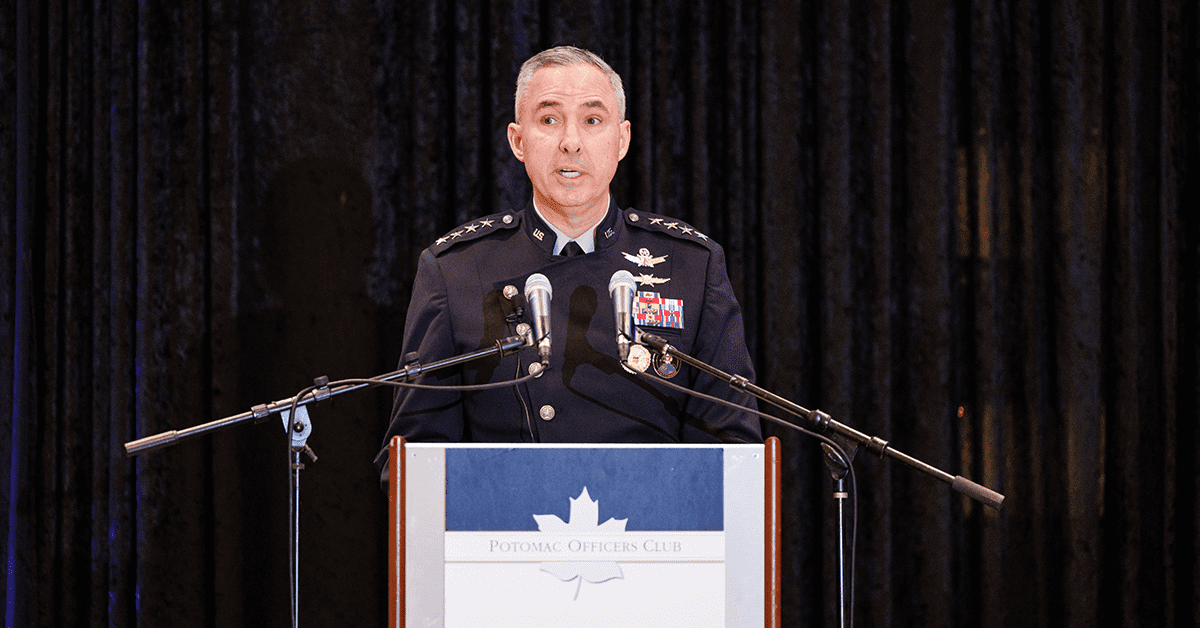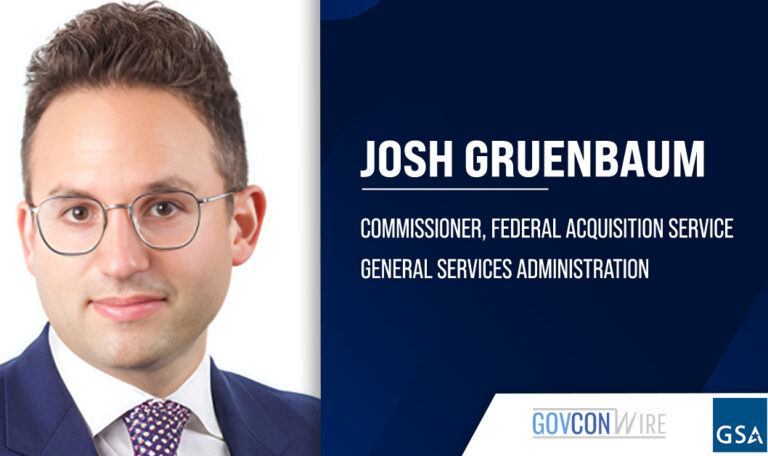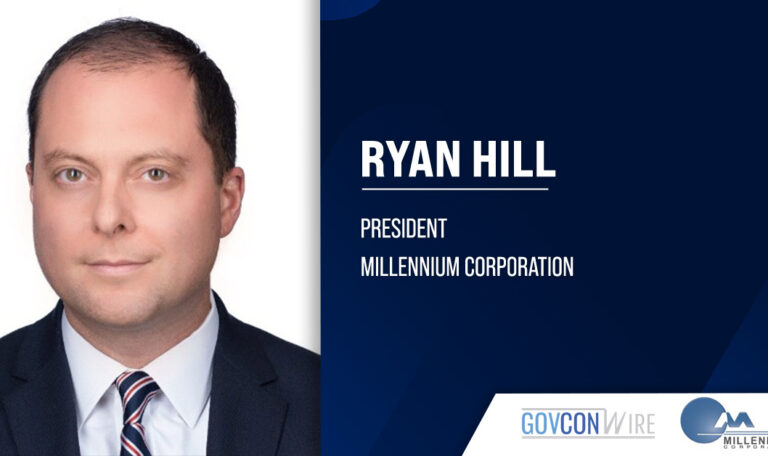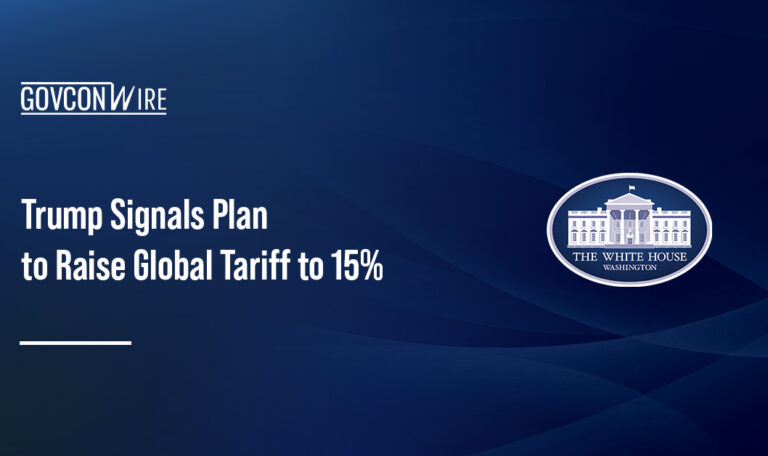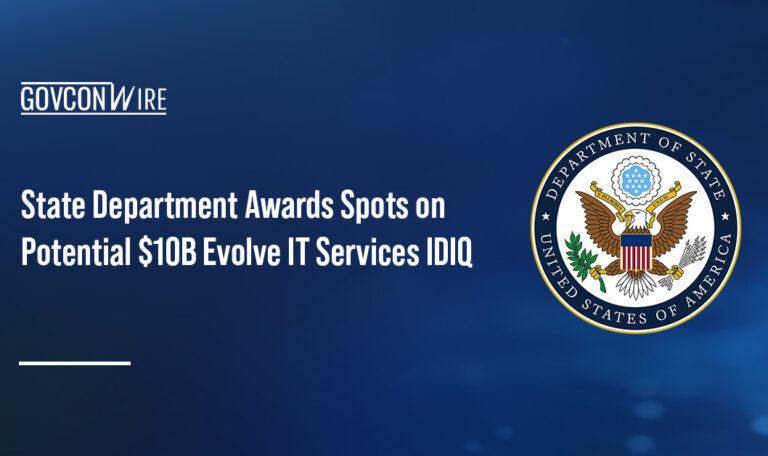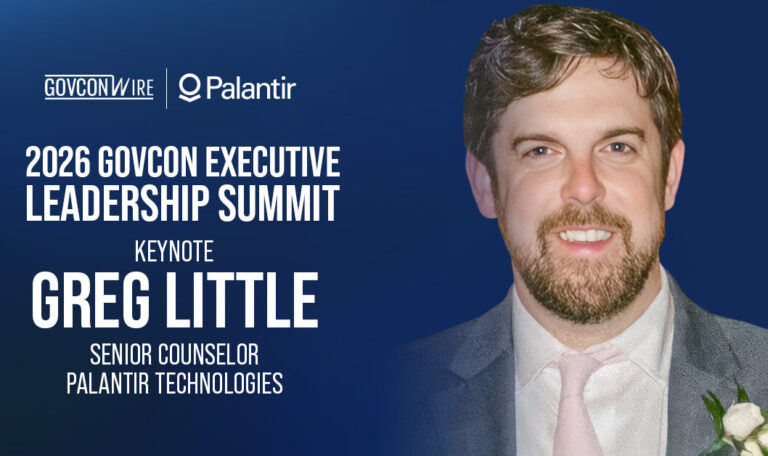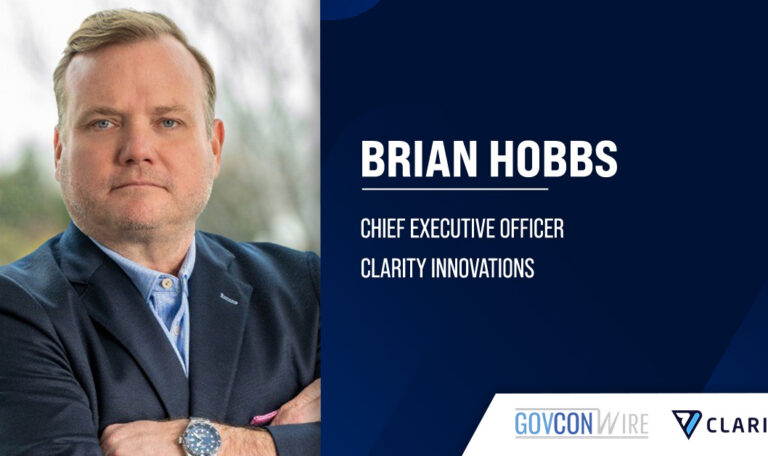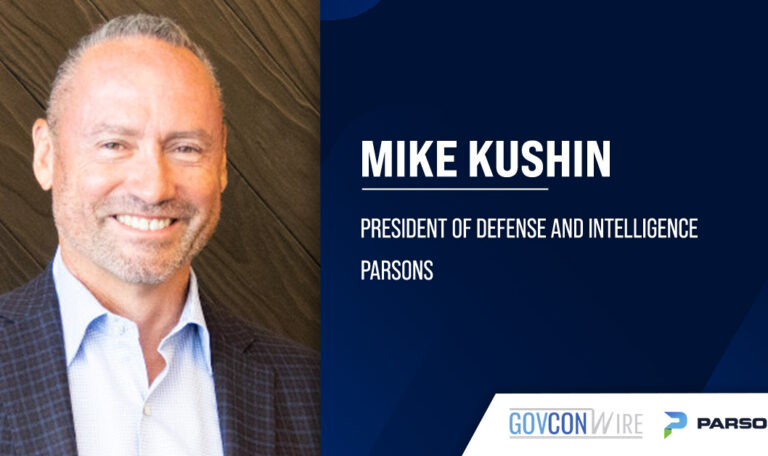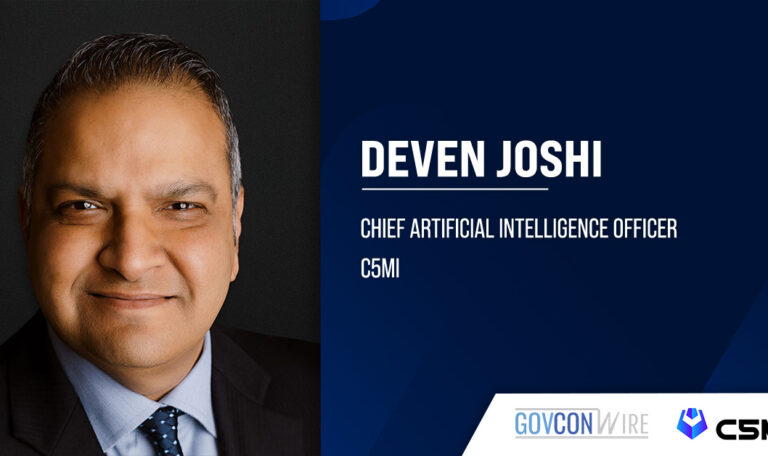A day without an American presence in the space domain would be “catastrophic” to the country’s “prosperity, defense and security,” argued Gen. Stephen Whiting, who leads U.S. Space Command. The SPACECOM commander says that due to shifts over the years, the strategic environment has evolved so that the world is heavily reliant on the communications derived from satellites and the web of sensors they facilitate.
The increasing affordability of launching objects into space — 11 nations currently possess the capability — has made the space domain more congested than ever, Gen. Whiting, who is a recent Wash100 Award winner, told an audience of government contractors at the Potomac Officers Club’s 2024 Space Summit on Tuesday.
To remain vigilant and dominant in this competitive environment, SPACECOM has put forward four priorities to guide its activities.
- Prepare posture to maximize readiness by 2027.
- Counter threats to achieve space superiority when and where needed to operate through all levels of conflict.
- Strengthen relationships to build a winning coalition.
This includes the joint force, interagency partners, international collaborators and the commercial sector
- Expand the combatant command’s warfighting advantage by shaping the future beyond the next three years and preparing for tomorrow’s challenges.
Working toward these goals and implementing their strategies will help the U.S. keep pace with China and Russia, the two biggest threats in the domain, Gen. Whiting said. China has “robust and capable space services, including space-based intelligence, surveillance and reconnaissance, mobile navigation communication systems and more.”
“These capabilities provide their military with the ability to command and control their forces far from their own shores and provide them enhanced situational awareness, enabling them to monitor, track, and potentially target US and allied forces,” Gen. Whiting continued.
He also spoke about Russia’s intentionally destructive actions in space, such as their November 2021 direct-ascent antisatellite missile test that resulted in the demolition of one of the country’s own satellites. However, he advised that citizens not take this action or Russia’s invasion of Ukraine as indications of a lack of focus or importance placed on space by Moscow.
In what Gen. Whiting deems as the current “second golden age of space,” SPACECOM is saddled with “a moral responsibility to provide space capabilities to the joint force, the nation and our allies, to protect and defend our capabilities against the threats now arrayed against us and to protect the joint force from space-enabled attacks by others.”
Don’t miss the Potomac Officers Club’s next big event: the 5th Annual AI Summit. Top-ranking representatives from the DOD’s Chief Digital and Artificial Intelligence Office, DARPA and more will come together with GovCon’s finest on March 21 to begin and continue vital conversations about autonomy, automation and unmanned systems. Register here now!


